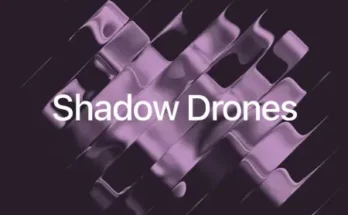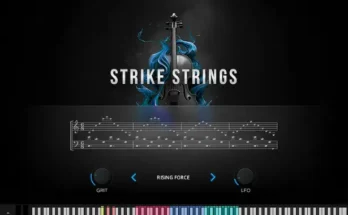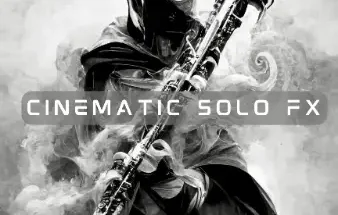KONTAKT | 1.75 GB
Why sampling ?
We wanted to capture every single detail of these beautiful instruments and make no compromises whatsoever in order to assure maximum authenticity!
Therefore, every single key (each semitone) has been sampled at multiple velocities using some of the finest hardware equipment available to achieve the best audio quality possible. The library includes release samples and makes extensive use of velocity layering.
Size of the instruments and samples
As none of the samples uses loops in order to provide an authentic release phase, and each semitone has been sampled with up to 7 velocity layers and release samples, the instruments need up to 720 MB RAM. Please check the Native Instruments website for any software or library upgrades or enhancements.
The MK 1 contains a total of 436 samples, 5 velocity layers and release samples.
It has a total sample size of 548 MB.
The MK 2 contains a total of 511 samples, 5 velocity layers and release samples.
It has a total sample size of 720 MB.
The A 200 contains a total of 502 samples, 7 velocity layers and release samples.
It has a total sample size of 277 MB.
The E 7 contains a total of 360 samples, 5 velocity layers and release samples.
It has a total sample size of 220 MB.
In each instrument folder you will find additional “medium” and “small” versions of the “Essential” instruments. These use fewer samples to allow faster loading time and they consume less RAM (for computers with less than 512 MB RAM).
Reverb
Most of ELEKTRIK PIANO’s patches have one knob assigned to reverb send level to add reverb to the instrument – according to musical purpose, style and personal taste. Please notice that a reverb setting of 0% (zero) will bypass the reverb module and therefore reduce the CPU usage.
Keyranges
The keyranges of the A 200 and the E 7 were expanded in order to cover the whole keyboard range in the graphical interface of ELEKTRIK PIANO. Although these additional keys may not sound as realistic as the original ones (because they don´t exist in reality), we thought it is better to include that possibility rather than not to include it.
The keyrange of the A 200 was expanded by a perfect fourth in both the high and the low range. Original range: A0 – C6
The keyrange of the E 7 was expanded by a semitone in the low range and by an octave in the high range. Original range: F0 – E5
Stretch Tuning
“Stretch Tuning” is a procedure widely followed by the piano tuning profession to avoid the fact that the human ear will perceive tones in the upper range of a keyboard as sounding flat, even though they are tuned (or “calibrated”) with extreme precision. “Stretch Tuning” means the deliberate and precise raising or lowering in pitch of a given range of tones by one or more cents, according to a predetermined standard.
Important: The MK 1 and the MK 2 for example are not stretch tuned at the factory. Instead, they are tuned to equal temperament. The library contains a stretch tuned versions of all four instruments in order to give you an idea of how stretch-tuned instruments sound like.
Modulation Wheel
For most patches, the modulation wheel has been assigned as well. This is usually routed to tremolo depth, and in this case one of the knobs in the interface may be assigned to tremolo speed. Please find detailed information about mod wheel assignments in the list of the sample library content below.
Pitch Bend
Despite the fact that it may not make sense to everybody to use pitch bend with these instruments, we thought it would be nice to at least have this possibility! That’s why it is assigned by default in every patch.
Performances contain various combinations of the above instruments.
Just Add Library
[toggle title=”Home page”]https://tinyurl.com/y8wx9hvv[/toggle]
http://alfalink.to/ff6d788c7af7a5fd2c81
Please REPORT in Comment Broken Links





